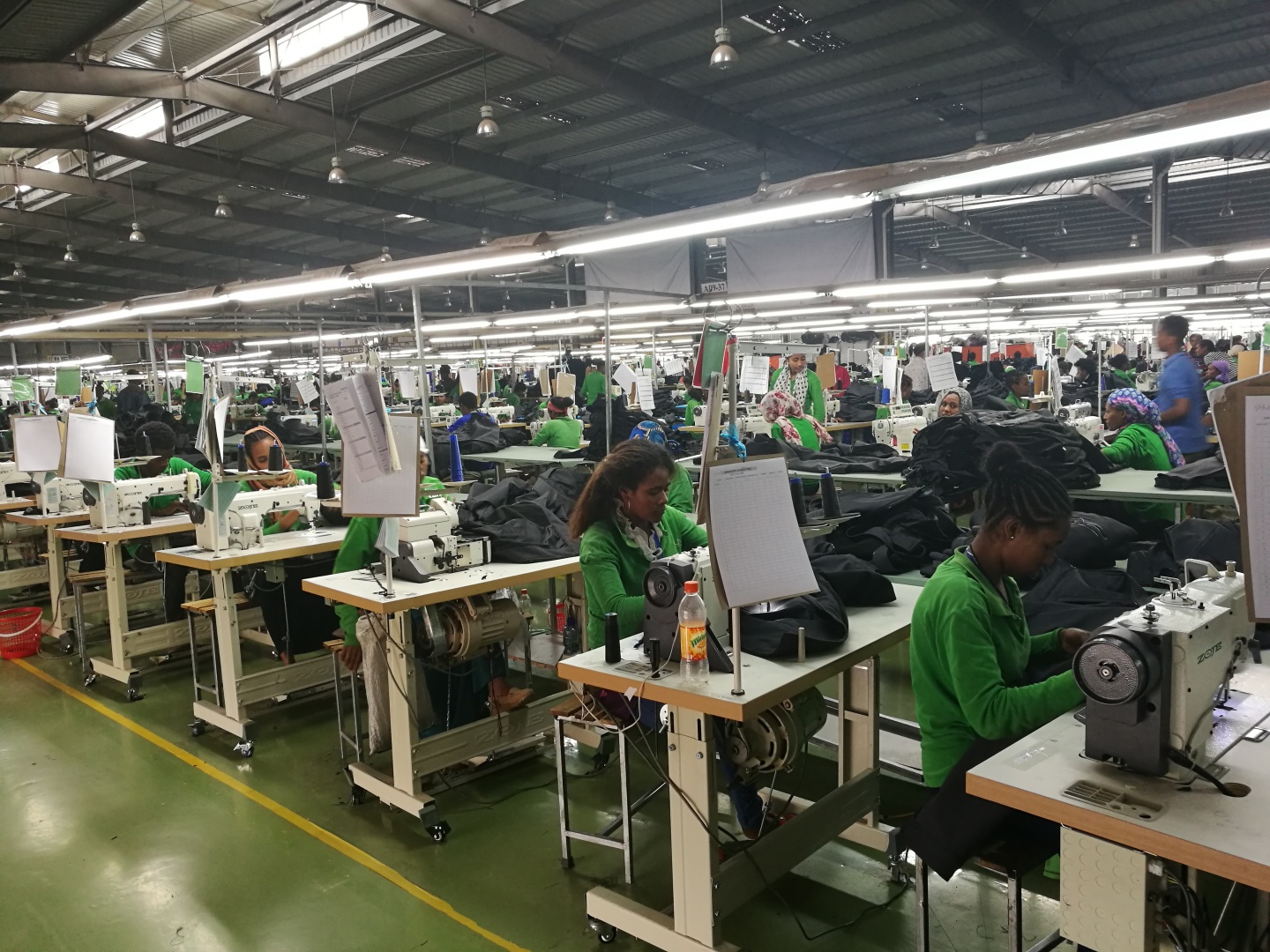Read this article in:
English
12 August, 2018With more industrial parks being opened in Ethiopia as part of government’s industrialization strategies, unions are taking the opportunity to recruit, organize and build their capacity for effective collective bargaining.
The latest to be opened is the Chinese-built Adama Industrial Park, about 74km from Addis Ababa, where 25,000 workers will be employed. Hawassa will employ 60,000 while other parks that will cater for tens of thousands of workers include Bole Lemi and Kombolcha.
A workshop on 28 and 29 July 2018 at Adama, organized by IndustriALL Global Union affiliate, the Industrial Federation of Textile, Leather and Garment Workers Union (IFTLGWU) with support from FNV Mondiaal, discussed how unions could be strengthened to demand their rights to organize as protected in the country’s constitution and the labour laws. According to the IFTLGWU, there are cases in which unions are denied access to some of the industrial parks.
On collective bargaining, the workshop, which had participants from 11 textile and garment factories, discussed minimum labour standards as prescribed in the laws and what should be included in a collective bargaining agreement. Collective bargaining structures should also be set up shortly after the setting up of a base union.
Highlights included avoiding mistakes as the agreement is a legal document that is binding on the union and the employer. This means that if there are errors they must be corrected immediately. Unions also had to ensure that the employer complied with the agreement. When bargaining, workers should do so collectively to avoid being divided by the employer.
Hunde Gudeta, the facilitator of the workshop from the Confederation of Ethiopian Trade Unions, emphasized the importance of addressing, through collective bargaining, issues not directly covered by the laws but key to the agreement.
Other matters raised were on wage discrimination in which foreign workers were paid more than local workers for the same work. Further, workers wanted an improvement in their working conditions including provision of transport by the employer.
Says Christina Hajagos-Clausen, IndustriALL director for the textile and garment industry:
“Workers’ rights to organize are important to union building in Ethiopia, and the focus on collective bargaining will assist the unions’ demands for better working conditions and living wages.”
Ethiopia’s industrialization strategy is aimed at transforming the country from an agricultural base to an industrial one through the textile and garment sector among other industries.
